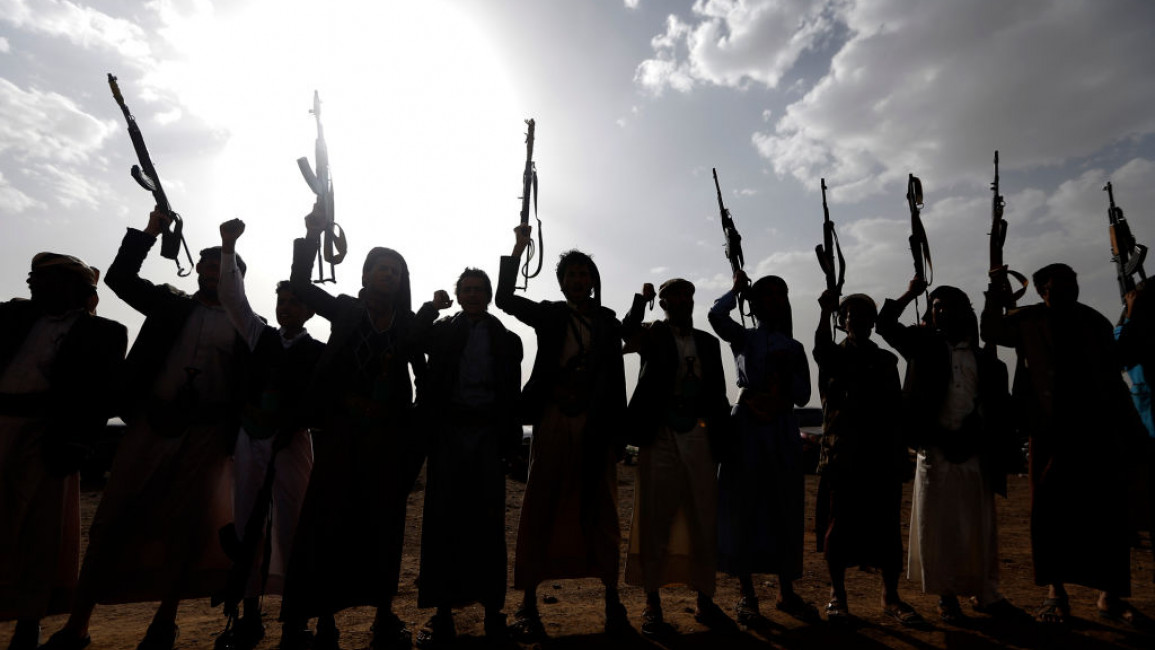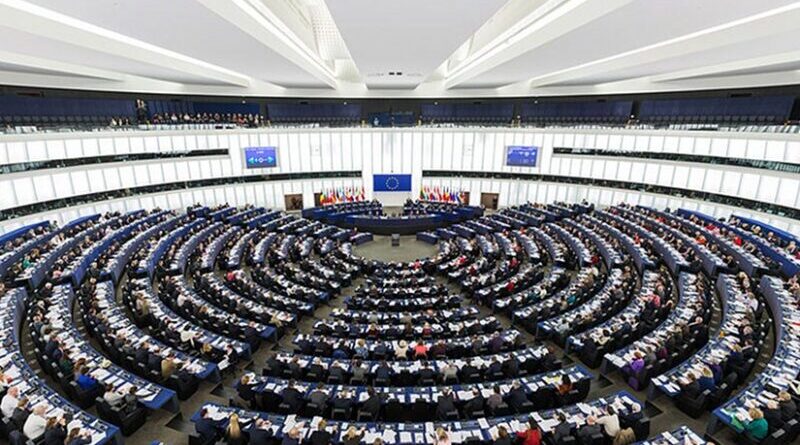Thailand: Has Thaksin's influence finally been curtailed?
Tommy Walker in Bangkok
Offenses committed under under the draconian law are punishable with prison terms ranging from 3 to 15 years.
But what does this mean for Thaksin and the future of Thailand's ruling Pheu Thai party, which is strongly influenced by the former PM?
What is Thaksin charged with?
The 74-year-old political heavyweight was charged because of a remark he made in an interview with a media outlet in Seoul, South Korea in 2015.
During the interview, Thaksin accused the Privy Council of Thailand, a group of appointed advisors to the Thai monarchy, of being involved in protests that preceded the kingdom's 2014 military coup.

Thaksin denied all charges in Tuesday's hearing. The 74-year-old was released on bail with a bond of 500,000 baht ($13,600, €12,700) under the condition that he cannot travel out of Thailand unless approved by the court. His passport was confiscated.
Reforming a royal taboo
Thailand is one of a few remaining countries to still criminally prosecute perceived insults or defamation of royalty.
The Thai monarchy was mostly considered sacrosanct under the popular former king, Bhumibol Adulyadej, who passed away in 2016. However, a seemingly growing number of Thais have demanded royal reform since the coronation of his successor, King Maha Vajiralongkorn.
"For those in power, the absolute support of the lese majeste law is used to demonstrate the government's unwavering support of the monarchy and legitimize itself, particularly at a time when there's growing call to amend the draconian and anachronistic law," Pravit Rojanaphruk, a veteran journalist and political analyst, told DW.
Pravit added that Thai society has "yet to arrive at a consensus on the limits of the power of the monarchy, particularly unspoken and unofficial ones."
The law is taboo in Thailand, but an increasing number of voices claims it is being used to silence activists, political parties and political heavyweights like Thaksin.
Thaksin's fading political clout
Last year's general election in Thailand was the first time in more than 20 years that a Thaksin-linked party failed to win most seats. The Pheu Thai was pushed out second place by the progressive Move Forward Party (MFP).
But pro-establishment forces in the Senate — a conservative, military-appointed body — blocked MFP leader Pita Limjaroenrat from becoming prime minister, paving the way for the Pheu Thai to take power and shut the newcomers out of government.
Despite coming second in the election, the party managed to secure a leading position in the current government. Thaksin's daughter Paetongtarn Shinawatra is the party chief and her business ally Srettha Thavisin is prime minister.
"The main opposition party, Move Forward Party also uses its critical stance against the law to gain support from young, educated voters," Pravit said, adding the the MFP is considered a worse enemy than Thaksin's Pheu Thai Party as its policies are more radical."
What's next for Thaksin?
After spending years overseas in self-imposed exile, Thaksin returned to Thailand in 2023 and started serving a prison term of more than eight years on charges related to corruption and abuse of power. He was subsequently granted a royal pardon and released early on parole in February 2024.
Tita Sanglee, an independent Thailand analyst, suggested that Thaksin has now become more erratic.
"I think controlling Thaksin is harder than controlling reformists [and] protestors. First, whereas the protestors seem to be ideologically driven, Thaksin seems to be much more pragmatic, much more opportunistic. In other words, he's more unpredictable," Tita said.
"Second, Thaksin clearly has more resources and has established a stronger network in Thailand and beyond, as highlighted through his tight connections with [former Prime Minister of Cambodia] Hun Sen."
Tita also noted that Thaksin's extensive connections span across various spheres, including the military, police, and business. However, his lese majeste indictment could be seen as a signal for him to maintain a lower profile.
Pravit concurred with Tita's view, indicating that the charges aim to exert control over Thaksin and the Pheu Thai party. However, he also hinted at the possibility of further unexpected developments, such as reining the ruling party alongside Thaksin.
"Thaksin is no fool. We will have to wait and see how he will play his cards from now," Pravit said.
Thaksin is maintaining his innocence and is scheduled to appear at an evidence review and hearing on August 19.
Thai band rocks against royal insult law 01:23
Edited by: Keith Walker








